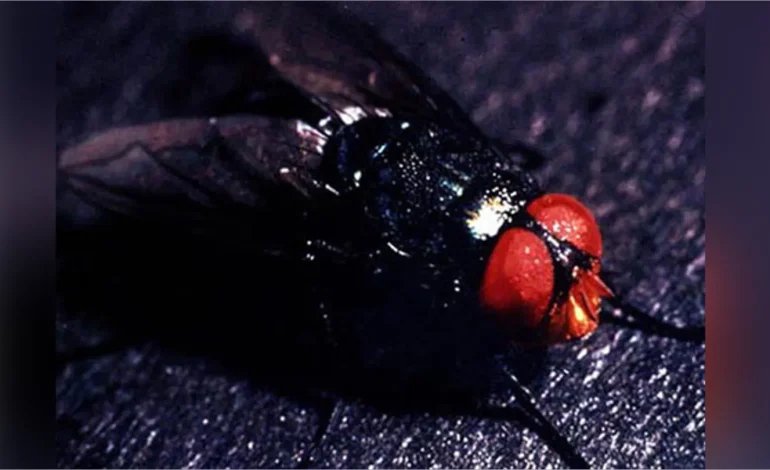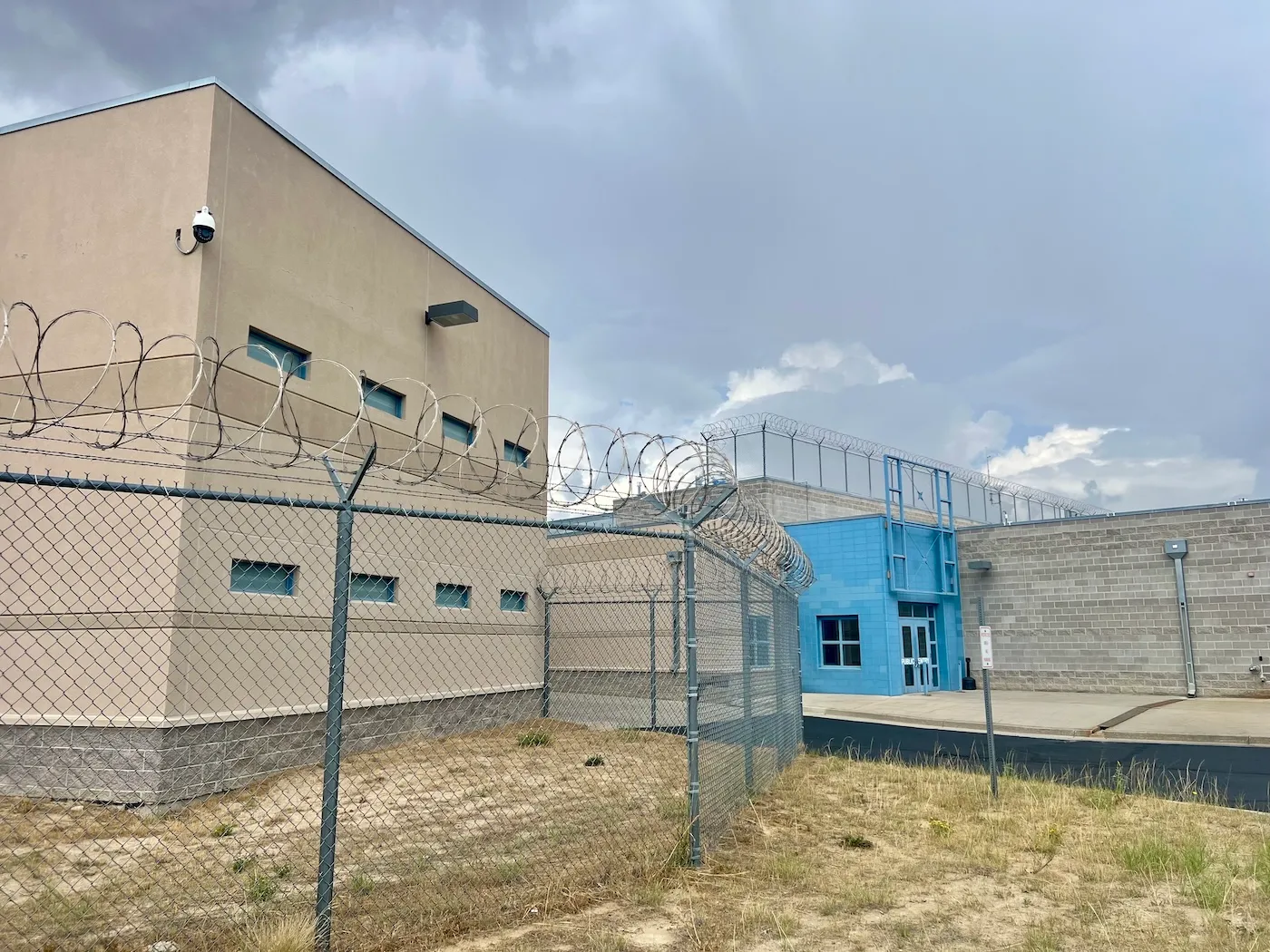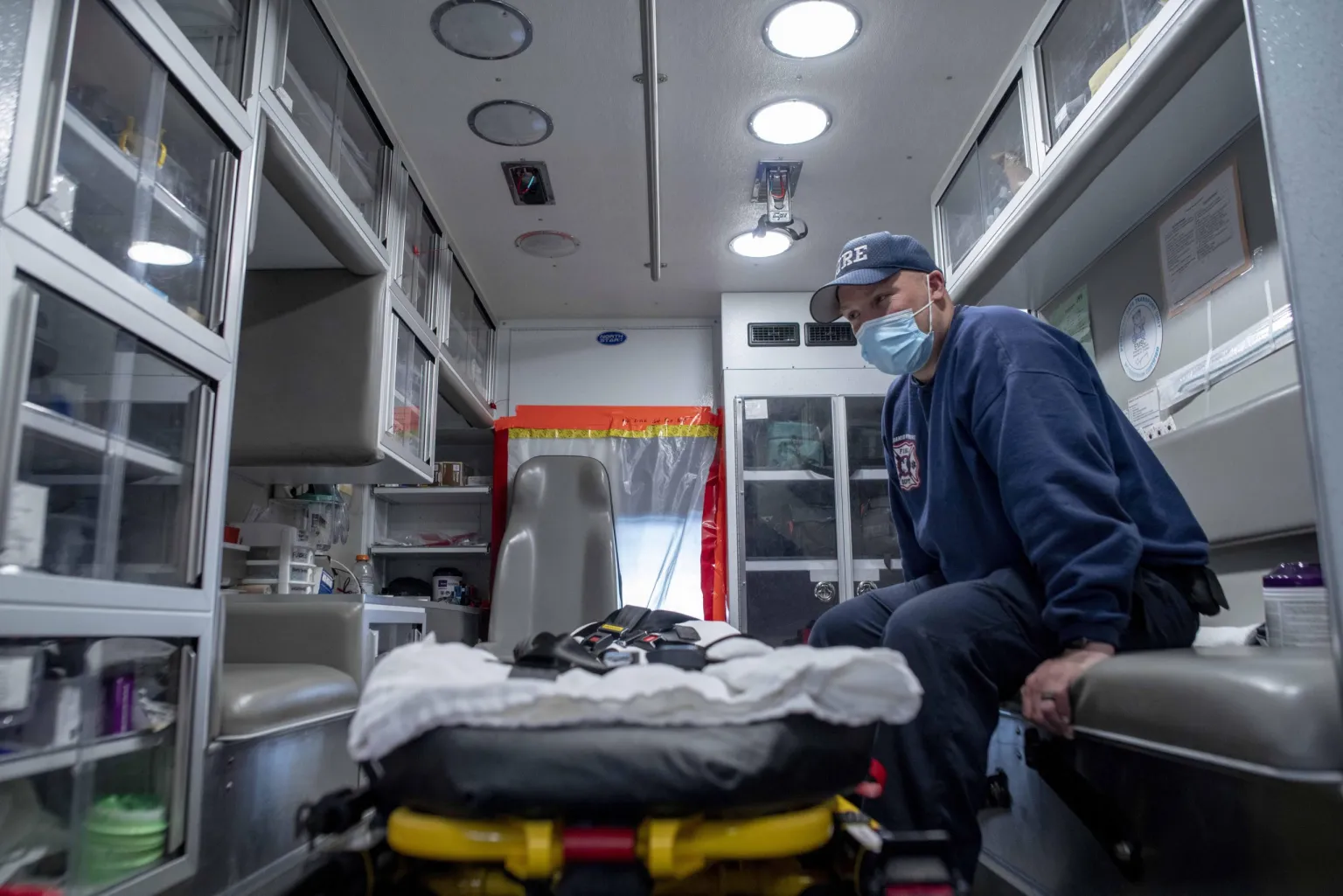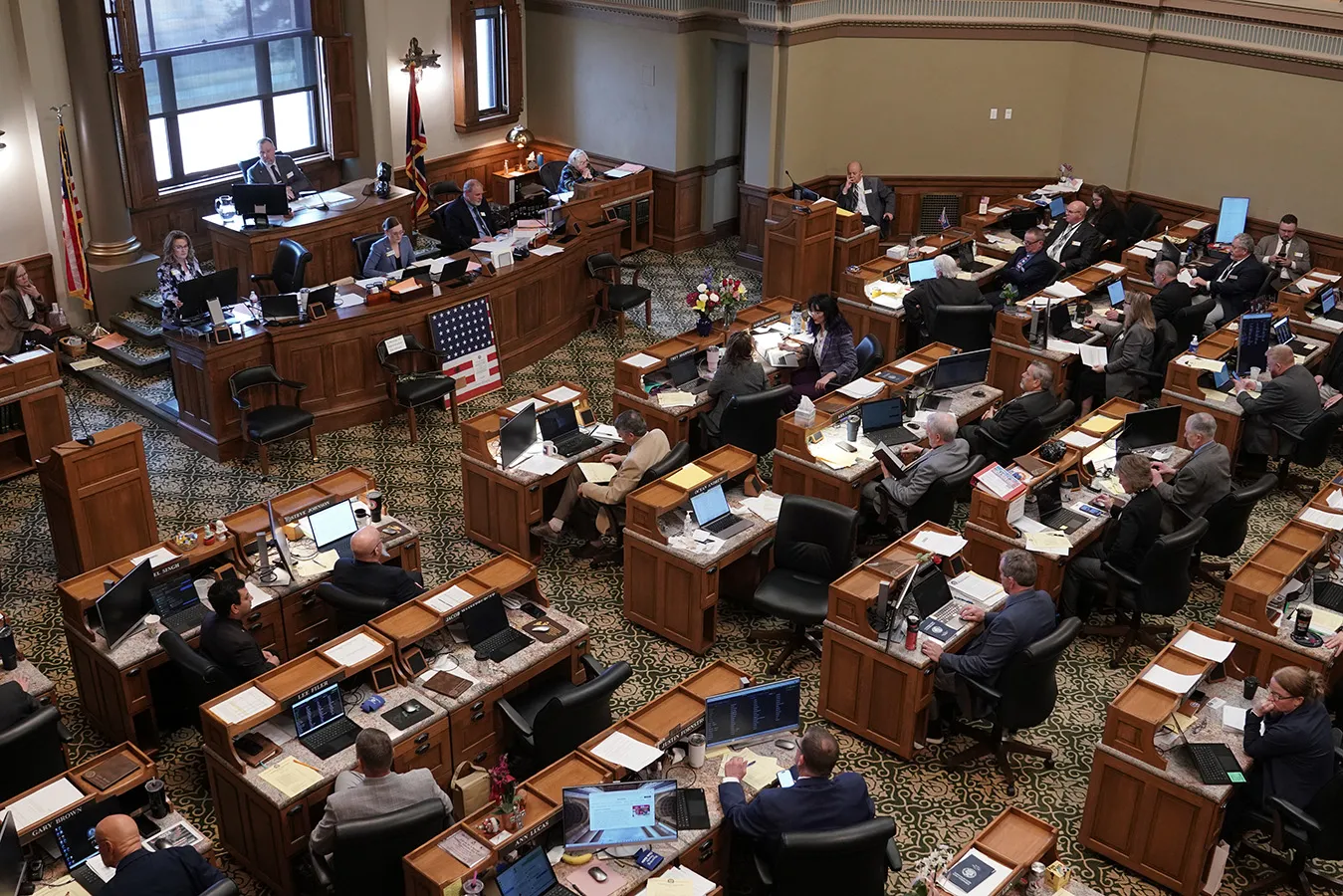US Temporarily Halts Livestock Imports from Mexico Amid Screwworm Outbreak

The US Department of Agriculture (USDA) has announced an immediate suspension of live cattle, horse, and bison imports through ports along the southern border due to a growing outbreak of New World Screwworm (NWS) in northern Mexico, Fox News reports.
USDA Secretary Brooke Rollins made the announcement Sunday via a post on X (formerly Twitter), citing urgent concerns over the pest’s rapid spread.
“Due to the threat of New World Screwworm, I am announcing the suspension of live cattle, horse, & bison imports through U.S. southern border ports of entry effective immediately,” Rollins wrote. “The last time this devastating pest invaded America, it took 30 years for our cattle industry to recover. This cannot happen again.”
The USDA confirmed that the first NWS case in Mexico was reported to U.S. officials in November 2024. Since then, the flesh-eating parasite has been detected as far as 700 miles from the U.S. border, even in remote areas with limited livestock movement.
The New World Screwworm (Cochliomyia hominivorax) poses a serious threat to both animals and, in rare instances, humans. The fly’s larvae burrow into the flesh of living animals, causing severe tissue damage and potentially death. According to USDA officials, species at risk include livestock, pets, wildlife, birds, and humans.
To prevent the pest’s entry into the U.S., the USDA’s Animal and Plant Health Inspection Service (APHIS), in coordination with U.S. Customs and Border Protection, has restricted the import of live animal commodities from or transiting through Mexico.
The suspension will be reviewed on a month-to-month basis until a “significant window of containment is achieved,” the USDA said. Livestock currently being held at ports of entry will be processed under standard procedures, inspected by veterinary officers, and treated to ensure they are free of NWS.
Secretary Rollins emphasized that the move is not politically motivated, but rather a critical measure to safeguard national food security.
“Secretary Berdegué and I have worked closely on the NWS response; however, it is my duty to take all steps within my control to protect the livestock industry in the United States from this devastating pest,” she said. “The protection of our animals and the safety of our nation’s food supply is a national security issue of the utmost importance.”
The U.S. and Mexico are implementing a three-pronged strategy to combat the pest, which includes field surveillance and outreach, movement control, and sterile insect dispersal to prevent reproduction.
NWS was previously eradicated in the U.S. during the 1960s and in Mexico in the 1970s. However, that effort cost billions and took decades. Officials warn that failure to contain the current outbreak could lead to similarly dire consequences.









The latest news in your social feeds
Subscribe to our social media platforms to stay tuned